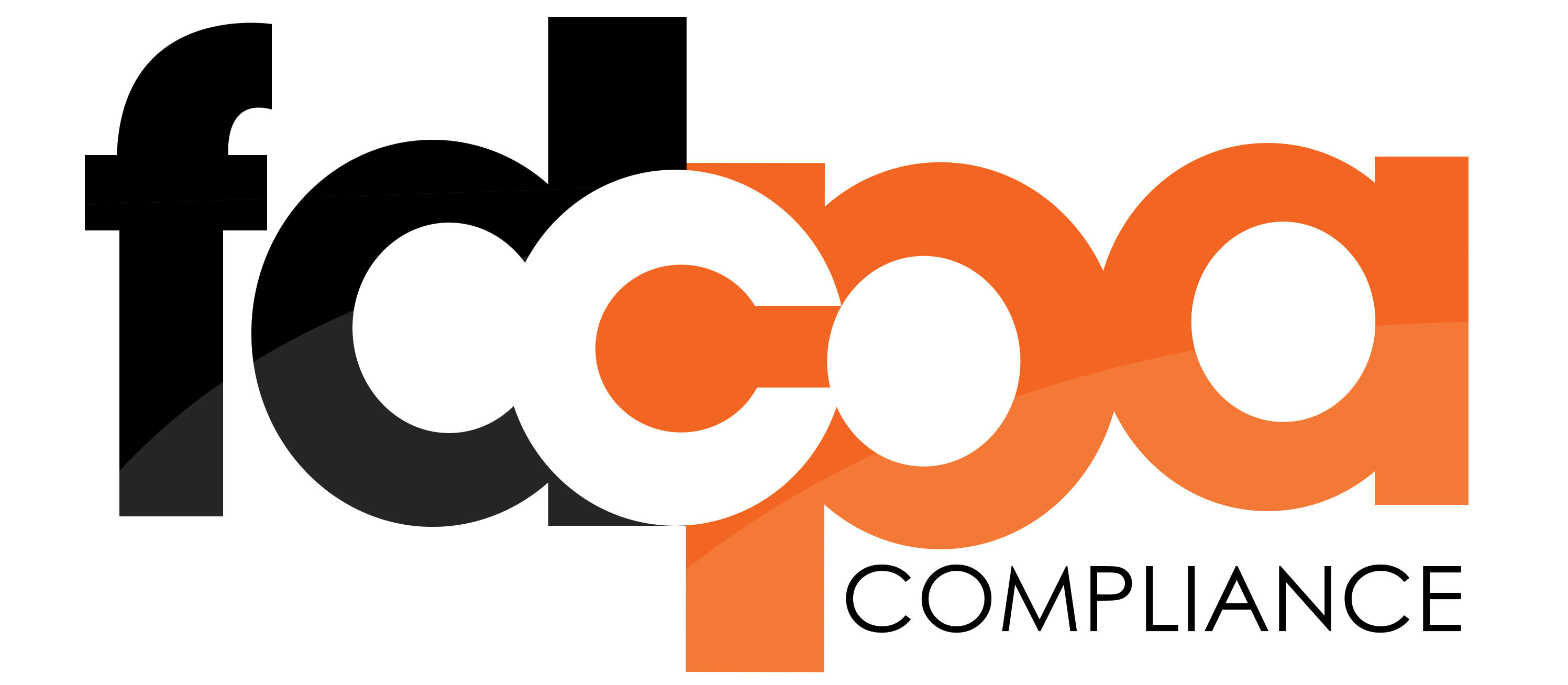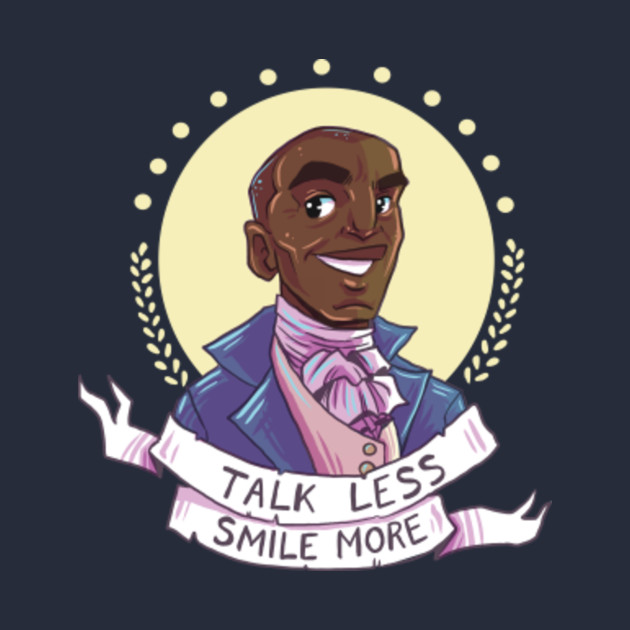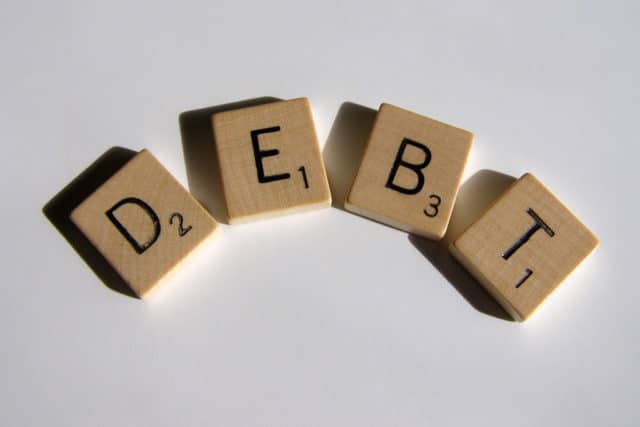No one wants to get that phone call or see that piece of mail in the mailbox, but it happens. Whether you forgot to pay a bill, didn’t have the money to pay a bill, or a mistake was made, you could wind up dealing with a debt collector. If so, here are ten things you should know and do.
-
Don’t Ignore It
Ignoring uncomfortable or bad news is a natural reaction, but it is not a good idea. Ignoring collection agents won’t make them go away and could make the situation worse. In your first conversation with the agent get all the details you can about the amount owed, when you incurred the debt, who you owe the money to and whether the person calling you works for the company you owe money to, is a hired collection agent, or is someone to whom your debt was sold. Ask the person to send you all the information in writing. They must send you this information within five days of your first conversation. Keep a record of all the phone calls and letters sent.
-
Understand the FDCPA

The Fair Debt Collection Practices Act (FDCPA) was enacted in the 1970s to protect consumers from unfair and harassing collection practices. The law covers issues such as what hours a collector can call you, and how you can get calls to stop. However, the FDCPA does not apply to all debt situations. For example, FDCPA is not relevant if your debt is not personal, but owed by a company you own. Rules for commercial collections vary by state. If you owe money as a business, or a business owes you money you will need to consult with a reputable commercial collection agent.
-
It’s OK to Be a Pain
Most debt collectors would rather focus their efforts on easy to collect debt, as opposed to contested debt. It’s important that you let the collector know that you are aware of your rights and their responsibilities. It’s possible that her or she will move on to an easier to collect debt.
-
Talk Less, Smile More

The advice Aaron Burr gives Hamilton works here, too. Don’t feel compelled to make small talk or explain why you do or don’t owe the money, especially if you are dealing with a third party debt collector. Your goal in phone calls is to get as much information as possible and to guard against accidentally saying something that you shouldn’t.
-
Don’t Make a Good Faith Payment
The debt collector may suggest that if you pay him a minimal amount of money to show “good faith” that you want to pay your bill he may be able to work out a deal for you, or slow down the phone calls. This is a bad idea. Most debts have a statute of limitations, meaning after a certain amount of time, the debt is no longer collectible. However, if you send money to pay the debt, the statute of limitations can be restarted.
-
If You Owe it, Pay it (if you can)
If you owe money and can afford to pay it, go ahead and do so. There’s no point in causing yourself the stress and aggravation of a protracted conversation with a debt collector. It can be embarrassing to realize that you have a long forgotten debt, but if you incurred the debt, and have the money to pay it, you should do so. However, if you don’t owe the money, don’t feel pressured into paying it.
-
Dispute the Debt in Writing

If you don’t believe you owe money, don’t pay it. Instead, send a written notice via certified mail. If you do this within 30 days of the debt collector sending you notice of your debt, he or she can no longer call you. Keep a copy of the letter. You want to send the letter via certified mail so that there’s no dispute about whether or not you sent it.
-
Negotiate

If you owe the money, but can’t afford to pay it, you may be able to negotiate a deal. Consider offering the debt collector a very small amount, for example, 10% of what you owe. In the end, you will probably wind up paying closer to 30%-50%, but it never hurts to try. Make sure to get any deal in writing and NEVER give a debt collector access to your credit card or bank account.
-
Consider Debt Counseling
If you’re getting a lot of calls about a lot of different debts, it may be time to consider counseling so that you can handle your overall financial problems. Debt can be a very emotional issue, so look for a local counselor and make an in-person appointment rather than try to handle this online or over the phone. Make sure anyone you see is associated with reputable organizations like the National Foundation for Credit Counseling and the Association of Independent Consumer Credit Counseling Agencies. You should also check the United States Trustee Program’s list of credit counseling agencies approved to provide pre-bankruptcy counseling.
-
Debt Isn’t the End of the World
Most people intend to pay their bills, but sometimes things get in the way. If you’re dealing with a debt situation, don’t panic. It doesn’t make you a bad person and it doesn’t mean you’ll be in debt forever. Take a deep breath, learn about your rights and options, and create a plan that works for you.
